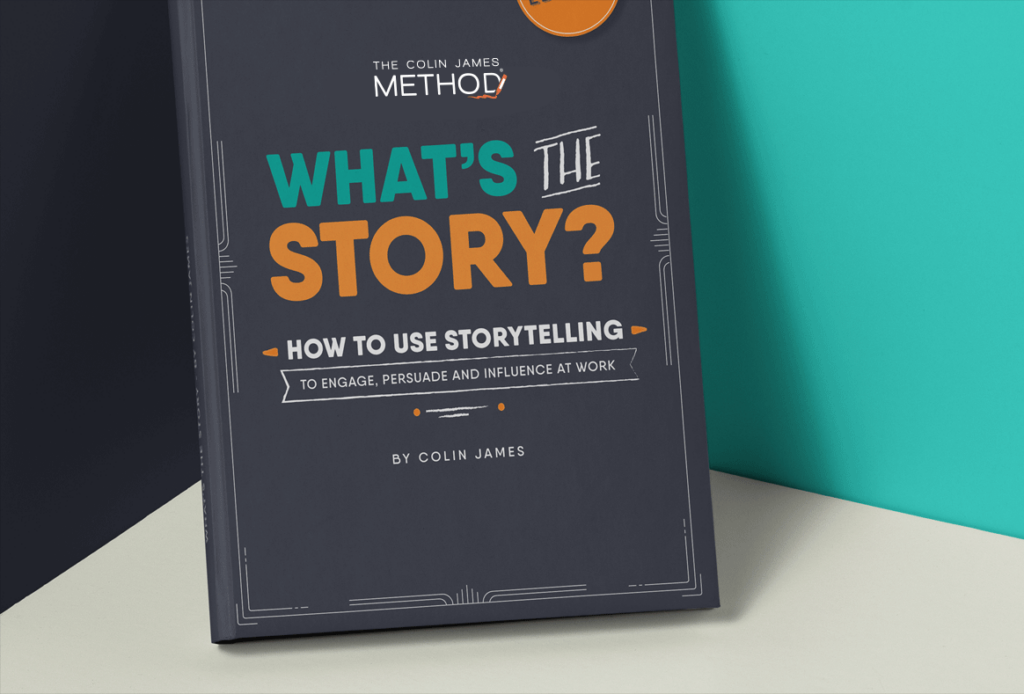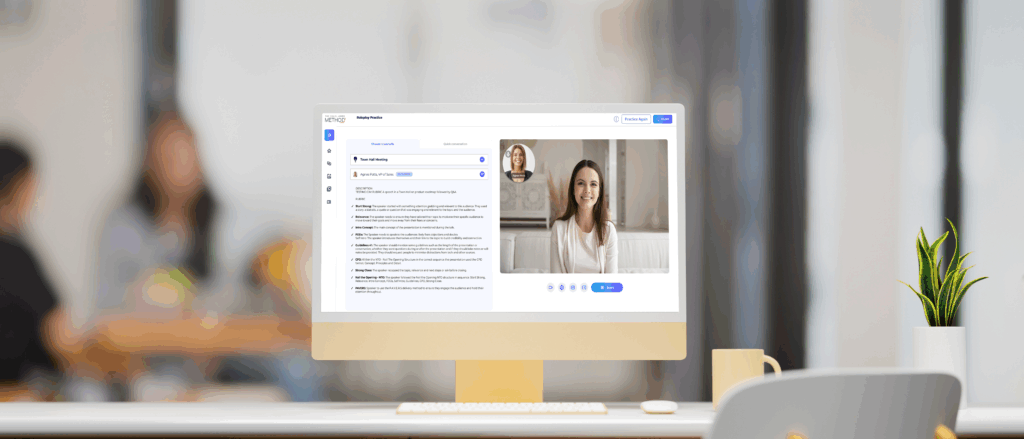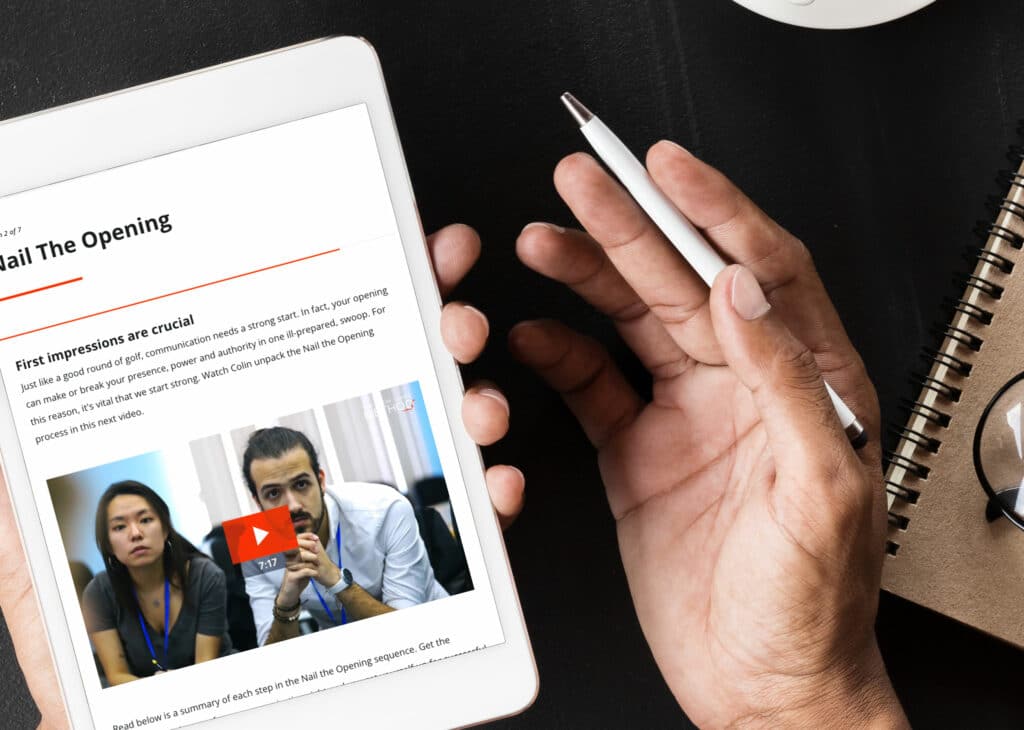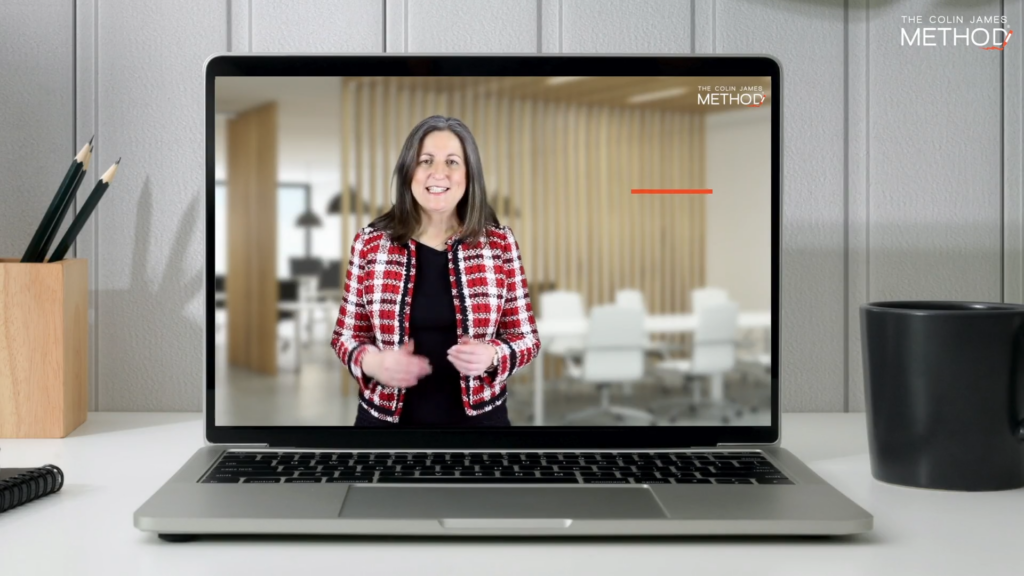Doctors in hospitals have unceasing demands on their time. Anyone who has worked in a hospital, been a patient, or watched one of those endless TV dramas built around hospital life knows: doctors never have enough time and are constantly in demand.
If you have been a patient in a hospital you know how important the doctor’s rounds are. It’s an event. This is the moment when you hope for reassurance and more information on your recovery.
Doctors are problem solvers. Give them data and context and they prescribe solutions and medications. Patient relationship is not a priority. Or that’s how it used to be. Research now confirms how important bedside manner is to the speed and quality of patient recovery. Doctors are trained in voice tone, language, body language and structure in interacting with their patients. Bedside manner is a skill.
The doctor is taught to have ‘soft’ eye contact, slow down voice tempo, use the name of the patient and to touch the bed or the shoulder of the patient. Why? Because it immediately relaxes the patient and optimises recovery.
Is the doctor just performing? Is this behaviour authentic?
All communication is a performance of some sort. We ‘perform’ differently in different contexts. Everyone, and I mean everyone, has a bunch of personas for different situations. How you travel on public transport, spend time with friends (and different groups of friends), work with colleagues and interact with customers (if that’s what you do) will see adjustments in how you communicate on a whole range of different levels.
We often see ‘Manager Alert’ behaviour whereby a group of people are chatting and then the manager arrives. This occurs in any grouping when a ‘higher status’ element is introduced. There will be a subtle yet perceptive shift in physiology, voice tone, and even vocabulary. In other words, because of the context people ‘perform’ differently.
When we teach people to deliver presentations we often get the push back “I can’t do that – it’s just not me!”. This usually occurs when encouraging people to use gestures more constructively. “I’m not being authentic!”
The ‘Authentic Excuse’ is often used to avoid learning. Applying new skills requires change. And change is simply awful for most of us. The mix up here is confusing unfamiliarity with inauthenticity.
Asking someone to move from behind the lectern so they can be seen by the audience might seem strange and could even be labeled (initially) as contrived, simply because is unfamiliar.
One very senior executive we have been working with has spent 20 years of her career speaking from behind a lectern. She thought that was how it was done. She associated people who spoke away from the lectern as professional speakers or ‘performers’. When she learned that speaking away from the lectern helped her audience stay more attentive, allowed her to move consciously and purposefully, and freed up her hands to gesturally support her messages she decided to make the move. In the beginning, she would step away from the lectern but had the need to rest her hand on it, almost as a security blanket. Then she stood alongside for a couple of presentations until now, where she strides the stage with power and confidence.
“Because it was unfamiliar I decided it was false or ‘acting’ and justified my need to cling onto the lectern for dear life,” she told me. “Presenting is performing of course. All work is. I have to go and perform at a board meeting this evening!”
Three months ago I was asked to work with an executive, let’s call him David, on developing his executive presence. He is a technical expert (law) and finds the whole ‘presence’ concept facile and ludicrous. “Why the hell should I act like someone I’m not, just to impress someone else with this presence bullshit?” was his opening gambit at our first session. “Because it’s not about you, it’s about the outcome,” was my response.
David now knows is that ‘Presence Skills’ serve a purpose. His staff are more engaged. He makes a far better first impression (which saves a lot of time) and he knows that how people feel is as important as what they know. The engagement scores in his team have risen dramatically.
“I’m still ‘me’” he told me, “I just have better communication skills. In fact, I feel more authentic now than ever if that makes any sense.”
If your intention is in service of the outcome, in service of the audience and you have the right level of skill to achieve this then you are being authentic.
No excuses.
We have a great ebook that can help get your message across without boring your audience. Download the storytelling ebook today!

The Colin James Method® Facilitators train corporate executives to improve their professional development with a proven methodology. Our highly trained Facilitators and Coaches are recognised for their experience in their fields and have worked with many individuals and organisations around the world to master the art of communication.










